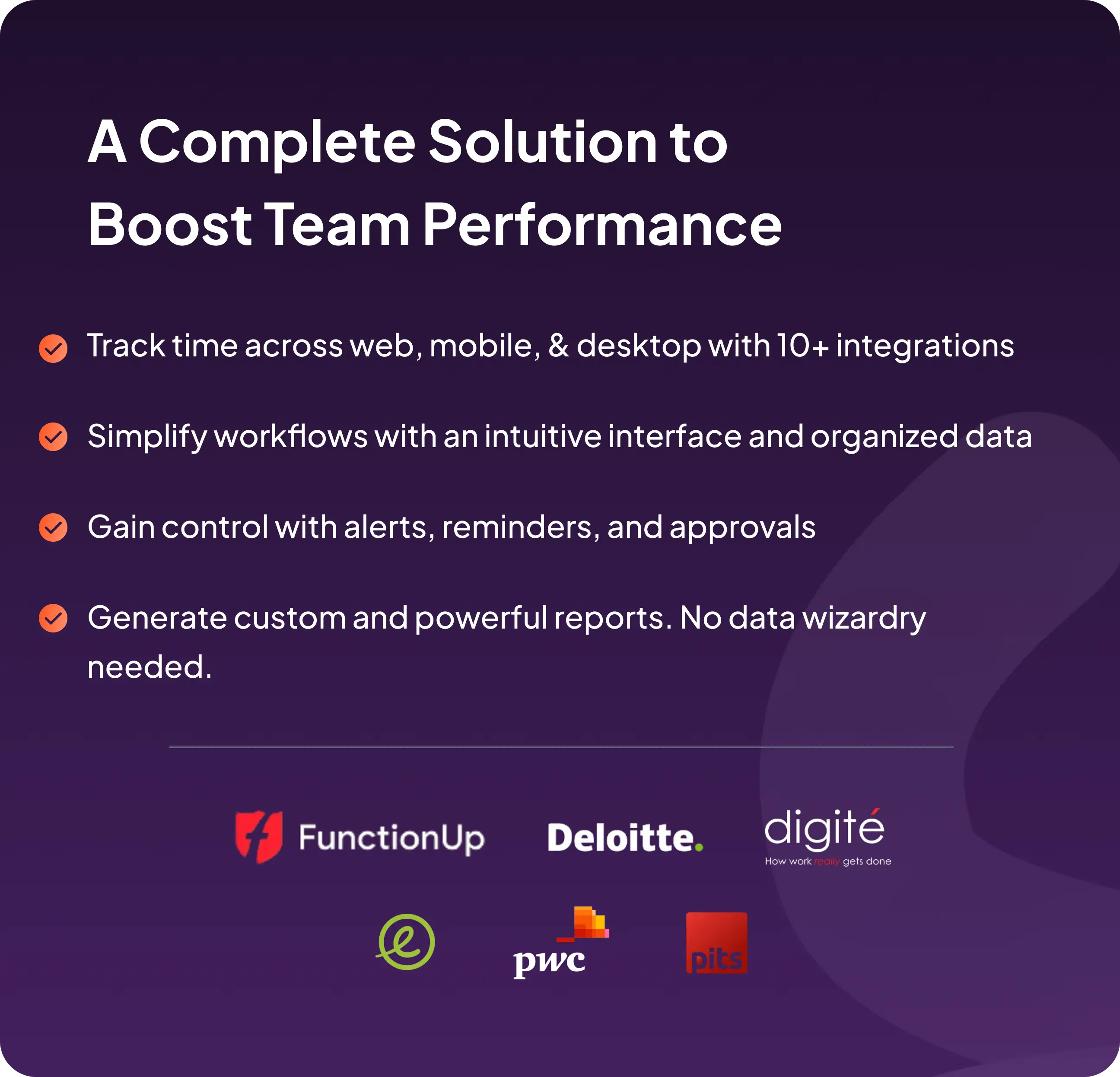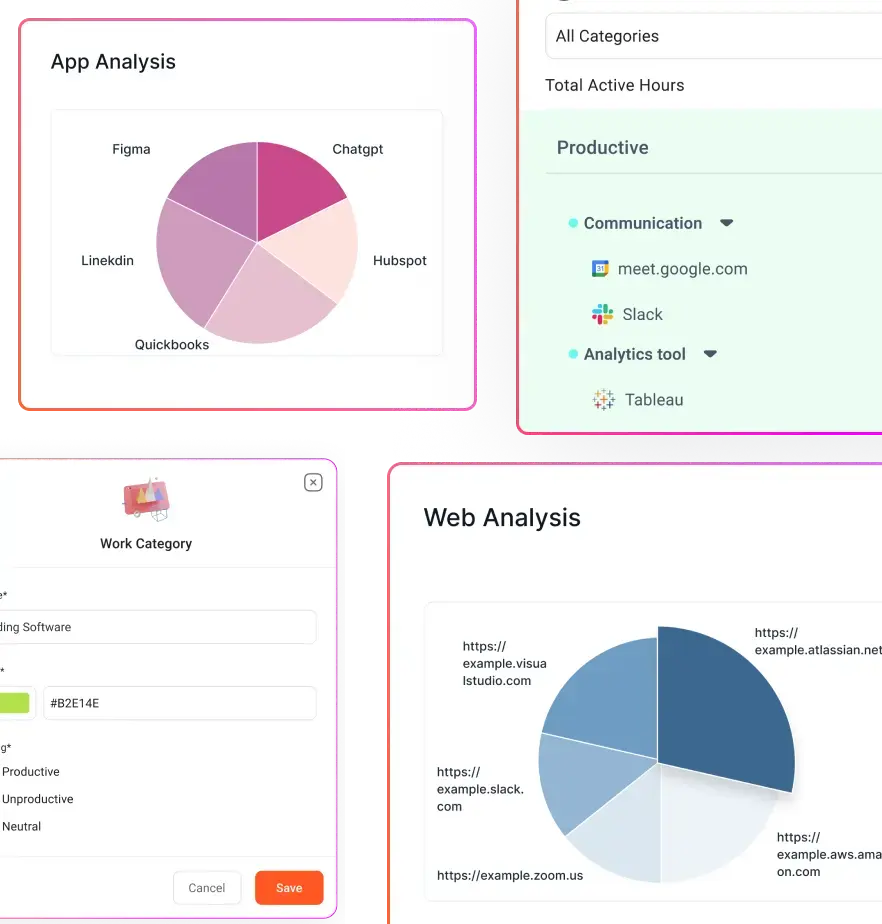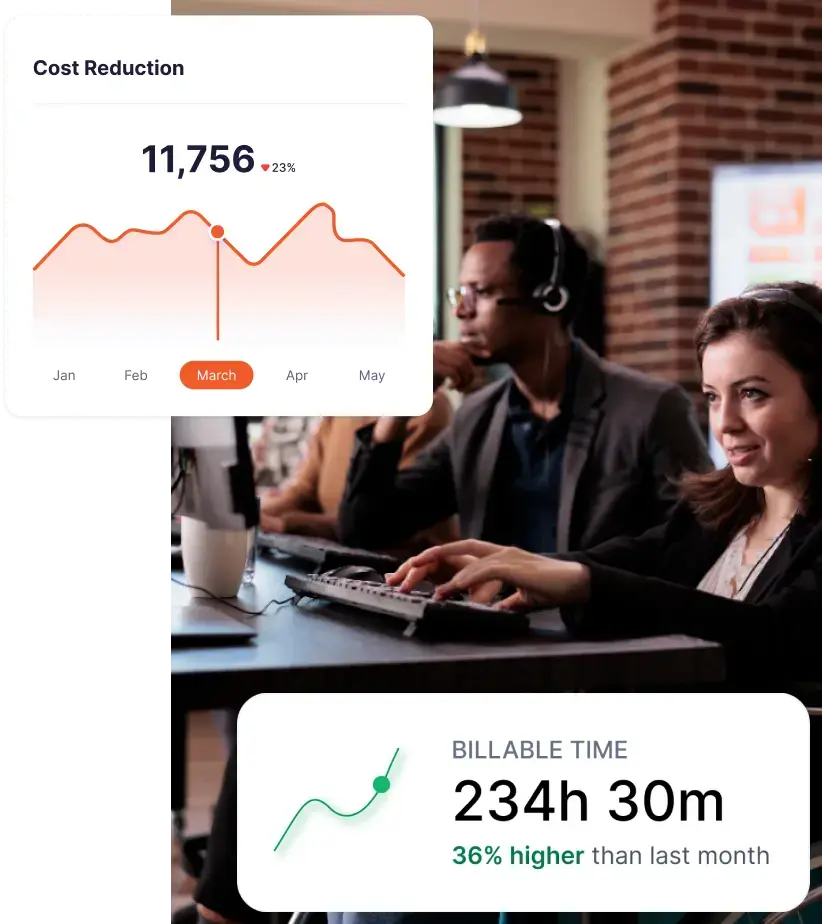BPO vs KPO: Outsourcing business services is a well-established technique among many established corporations.
Often, small businesses don’t have enough resources to build an in-house team. They opt for outsourcing, be it knowledge process outsourcing (KPO), which involves delegating high-level tasks demanding specialized expertise or problem-solving to external organizations, or BPO call centers, which manage client queries.
So, when companies seek to offload non-core activities to third-party providers, they opt for either BPO or KPO.
So, let’s understand BPO vs. KPO in layman’s terms, along with their advantages and disadvantages.
| BPO | KPO | |
| Definition
|
BPO is a technique through which a business contracts tasks with third-party vendors. Payroll, human resources (HR), marketing, supply chain management, and customer support are a few areas that businesses might outsource.
BPO companies offer services of two categories: vertical-specific offerings (which require expertise in particular industry vertical processes) and horizontal offerings (which can be used in various sectors). |
Outsourcing subject expertise for knowledge-based work for corporate operations is known as knowledge process outsourcing or KPO. KPO outsources work to people who hold advanced degrees and have specialized knowledge. Even though KPO is a subset of BPO, KPO involves more specialized, analytical, and knowledge-based work. |
| Nature of operation
|
BPO handles repetitive, standardized, and transactional tasks. These tasks often include customer support, data entry, payroll processing, and other operational functions. The focus is on efficiently executing predefined processes to meet client requirements. |
asks often involve research, financial analysis, market research, intellectual property services, and legal process outsourcing. |
| Services provided | BPO services include
|
KPO services include
|
| Focus arena
|
BPO focuses on achieving short-term operational gains, such as reducing costs and improving efficiency. BPO contracts may be shorter in duration and more transactional, emphasizing meeting immediate business needs more. | KPO often involves long-term strategic partnerships to drive sustained value creation and business growth. KPO, thus, focuses on delivering innovative solutions, expert analysis, and strategic guidance that support clients’ long-term objectives and contribute to their overall success. Their engagements may involve multi-year contracts, ongoing collaboration, and a shared vision for achieving sustainable competitive advantage. |
| Decision-making
|
Decision-making in BPO is limited to operational processes and adherence to predefined protocols and guidelines. BPO providers follow established procedures to execute tasks and meet client requirements. Higher-level management within the client organization often makes decisions regarding process optimization and improvement. | KPO involves a higher level of decision-making autonomy and strategic involvement. They have to be more active in shaping business strategies, identifying opportunities, and driving innovation within client organizations.
|
| Competency scaling | Tasks are performed by individuals with basic training and skills in BPO. The emphasis is on following established protocols and guidelines to ensure efficiency and accuracy. BPO professionals may require training in specific software or processes but generally do not need specialized expertise. | KPO demands a higher level of expertise from professionals. Individuals working in KPO roles often have advanced degrees or certifications in their respective fields. They possess specialized knowledge, advanced analytical capabilities, and the ability to provide strategic insights and solutions to complex problems |
| Value proposition
|
BPO focuses on achieving cost savings and operational efficiency for client organizations. Its value proposition lies in its ability to deliver reliable, consistent services at a lower cost than in-house operations.
|
KPO goes beyond cost savings and aims to create client value through specialized knowledge and domain expertise. Their value proposition lies in its ability to deliver innovative solutions, expert analysis, and actionable recommendations that drive business growth and success. |
| Task complexity
|
BPO tasks are relatively standardized and straightforward. It involves predefined processes and workflows. The focus is on efficient execution and adherence to established procedures to ensure consistency and quality in service delivery. | KPO tasks are more complex and require problem-solving skills, analytical thinking, or a deeper understanding of the subject matter. For KPOs, they need to adapt their approach to each project and tailor solutions to meet specific client needs. |
| Client base
|
BPOs are mostly transactional, focused on meeting service-level agreements (SLAs) and other performance metrics. The client-provider relationship is mostly centered around operational efficiency and cost savings, with clear expectations outlined in contracts and agreements. | KPOs involve a higher level of collaboration and engagement with clients. They work closely with clients to understand their business needs, objectives, and challenges. Acting as strategic partners, offering customized solutions, expert advice, and client support to achieve their goals. |
| Customization and flexibility
|
BPO services may offer limited customization flexibility. They offer services with fixed processes and procedures, designed to meet the immediate needs of clients. While some customization may be possible, it is often limited to minor adjustments to accommodate specific client preferences. | KPO services are highly customizable. They tailor their services to align with individual clients’ needs. Offer bespoke solutions and adapt their processes, methodologies, and deliverables to address each client’s unique needs, ensuring maximum value. |
BPO vs KPO: Advantages and Disadvantages

We have outlined some BPO vs KPO advantages and disadvantages for your consideration. Here are they;
Advantages of BPO
- Big organizations can delegate specific tasks to BPOs, allowing them to focus on core business activities and make better decisions.
- BPO services hire talented personnel at lower wages, making it affordable for multinational companies (MNCs). Its cost-saving approach frees up funds for future projects.
- By delegating responsibilities, employees can work more efficiently, leading to better productivity and organizational success.
- They save time and allow companies to explore different revenue channels. Skilled individuals handling specific tasks lead to improved productivity.
- Provides industry-experienced personnel who ensure seamless operations around the clock.
Disadvantages of BPO
- Challenges arise due to time differences, language barriers, and misinterpretations between the BPO and the company. Offshore BPO services may face language-related issues.
- Sharing technological information with BPOs can be risky. Data theft and piracy are potential threats. Companies must prioritize data security.
- Relying heavily on external service providers can lead to reduced control over critical processes.
- Maintaining consistent quality across outsourced tasks can take time and effort.
- Outsourcing can also result in layoffs within the parent company. Employees may lose jobs due to tasks being handled externally.
Boost by 31% using the innovative solution by Flowace!
Get Started for FreeAdvantages of KPO
- They rely on highly skilled professionals with expertise in specific domains. When you choose KPO services, you gain access to professionals who excel in areas like IT, finance, and decision-making.
- Implementing KPO strategies can significantly lower operational costs. By outsourcing tasks to countries with lower labor costs, you can access high-quality talent while saving money.
- Their solutions stay abreast of the latest technology and software tools. Their domain expertise ensures access to cutting-edge resources, enhancing efficiency and productivity.
- KPO companies offer flexible outsourcing services and contract lengths. You can start with a small budget and expand as needed over time.
- Businesses can concentrate on their core strengths by leaving non-core activities to KPO experts.
Disadvantages of KPO
- They involve core business functions, and handling data can be sensitive. There’s a risk of data loss, theft, or unauthorized sharing. Companies must prioritize robust data security measures.
- Relying heavily on external KPO services can lead to reduced control over critical processes. Companies become dependent on these third parties for smooth operations, which may pose challenges.
- Maintaining consistent quality across outsourced tasks can take time and effort. KPO providers may not adhere to the same standards as the parent company, affecting overall performance.
- KPOs often involve handling proprietary information, patents, and trade secrets. There’s a risk of unintentional leakage or misuse of intellectual property, which can harm the parent company’s competitive edge.
- Shifting critical processes to KPO providers requires meticulous planning and execution. This transition can be disruptive, and affect existing workflows and employee morale.
The Future of BPO & KPO

It’s high time BPOs and KPOs use employee analytics & productivity software to enhance their workflow. 77% of employers monitor their employee’s activities at the workplace in the U.S., since outsourcing is also a booming industry in the Philippines.
Thus, they need an employee productivity and time tracking tool to run their operations smoothly.
With Flowace.ai, you can transform your outsourcing efficiency in the BPO and KPO industries. Flowace optimizes workload distribution, automates procedures, and provides real-time monitoring to improve efficiency and worker performance by utilizing AI metrics.
Its customizable solutions suit specific business demands, while scalable features adapt to expanding operations. Businesses may promote strategic growth and success by making well-informed decisions based on data-driven insights.
Set up a demo with Flowace to see the outsourcing of the future in action.

























